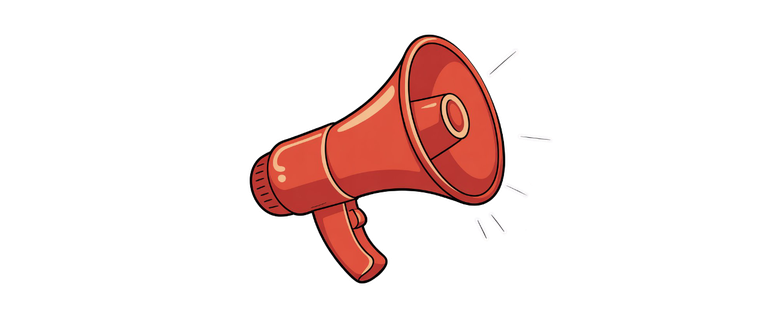Rather than a linear curriculum, it is more of a branching conversation where law and philosophy intersect with ecology, media, and art. Each course becomes not an island on its own, but part of an archipelago where different disciplines reflect and comment on each other.
The faculty come with not only research experience, but also practitioners who have changed cities, communities, and media. Their lectures and seminars are more like laboratories — places where it matters not only what is said, but how it relates to other voices and contexts.
The Creative Writing Master's program occupies a special place in this set. It proposes to consider writing not as a tool for producing text, but as a space for experimentation, where genres can intersect, and words become a way to explore one's own experience and the world around us.
It could be said that these classes are not so much about knowledge as these are about how to coexist with it: learning to see connections, hear different positions, and find a language for talking about the future.
